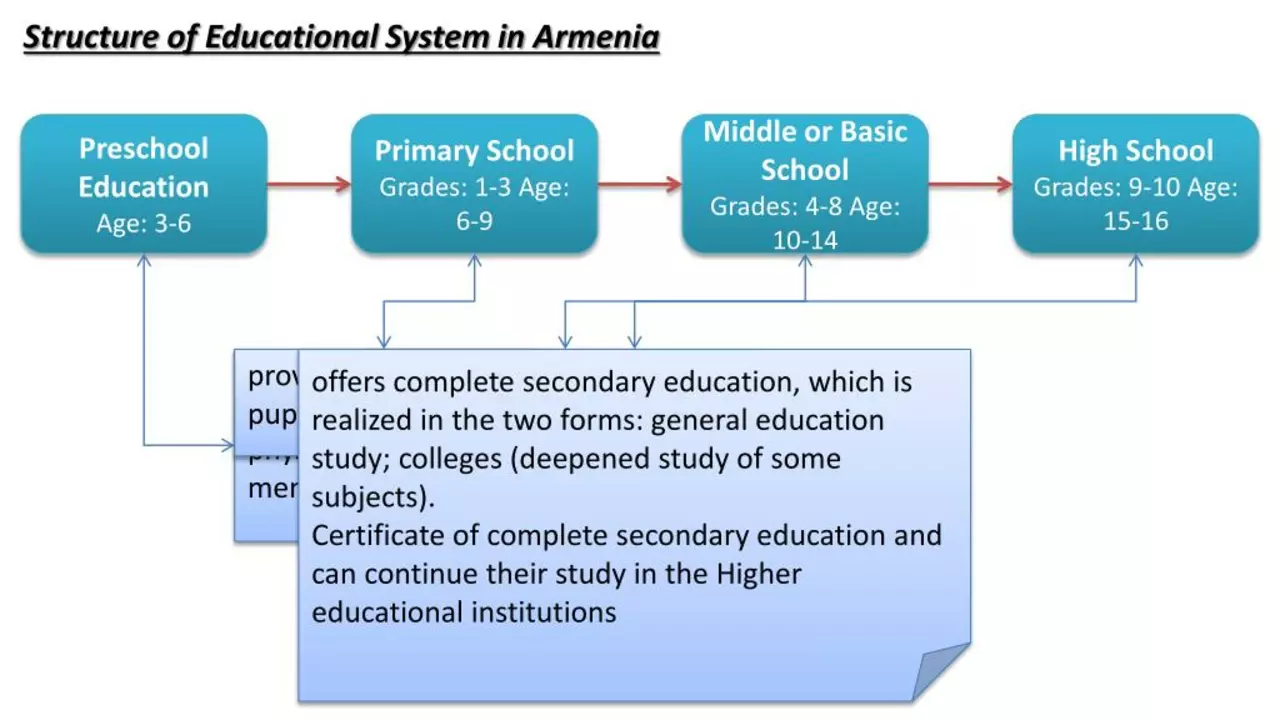The Irony of Standardized Testing
One of the most ironic things in education is the emphasis on standardized testing. As educators, we tell our students that everyone is unique and that they should embrace their individuality. Yet, we measure one's intelligence and ability based on standardized tests that don't accommodate the different learning styles and abilities of students. This one-size-fits-all approach is not just ineffective, it's also incredibly ironic. We're essentially telling our students that we value their uniqueness, but then turn around and judge them on a very uniform scale.
Cramming for Exams
Another ironic thing in education is the practice of cramming for exams. We teach our students that learning is a lifelong process, yet we also tell them that it's perfectly okay to cram all their learning into a single night for the sake of passing an exam. This practice not only contradicts our messaging, but it also fosters unhealthy habits like procrastination and poor time management. It's a clear case of do as I say, not as I do, which is quite ironic when you think about it.
Teaching to the Test
Teaching to the test is another ironic aspect of our education system. We tell our students that learning is about exploration and discovery. However, in many classrooms, teaching is primarily focused on preparing students to pass standardized tests. This approach limits the scope of learning and discourages critical thinking. Ironically, while we're trying to prepare our students for the future, we're actually limiting their potential by focusing too much on test scores.
Discouraging Creativity
One more ironic thing in education is our tendency to discourage creativity. We tell our students to think outside the box, yet we often stifle their creativity by sticking to rigid curriculums and teaching methods. Students who think differently or have unique perspectives are often seen as problematic rather than innovative. It's ironic that an institution dedicated to fostering growth and development often limits the very creativity we claim to value.
Overemphasis on Grades
The overemphasis on grades is another irony in education. We tell our students that grades aren't everything, yet they are often the primary measure of a student's success in school. This focus on grades creates unnecessary stress and competition among students. It also discourages them from taking risks in their learning. Ironically, while we should be encouraging our students to learn from their mistakes, we're often penalizing them for it.
Restrictive Classroom Environment
The classroom environment is another area where irony is present. We often tell our students that the world is their classroom, yet we confine them to a physical space for most of their learning. This restrictive environment limits their ability to explore and learn from real-world experiences. It's ironic that we're preparing our students for a world that extends far beyond the classroom, yet we're limiting their exposure to it.
The Disparity Between School and Real Life
Perhaps the most ironic thing in education is the disparity between what we teach in school and what the real world requires. We teach our students complex mathematical formulas and historical facts, yet many of them graduate lacking basic life skills like budgeting or cooking. It's ironic that we spend so much time preparing our students for standardized tests, yet we fail to prepare them for real life.
